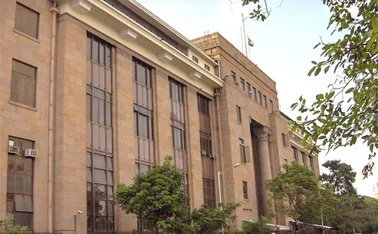
Supply shocks driving eurozone inflation, ECB study finds
Rising food and energy costs are main contributors, along with hangover effects from pandemic

Supply-side shocks have been the main contributor to eurozone inflation since the pandemic, research from the European Central Bank (ECB) finds.
Authors Óscar Arce, Matteo Ciccarelli, Antoine Kornprobst and Carlos Montes-Galdón identify the main drivers of price and wage dynamics since 2021 in their study. They also make projections about eurozone inflation over the medium term.
Since 2021, inflation has mostly been driven by rising food and energy prices, they say. This is partly because Europe
Only users who have a paid subscription or are part of a corporate subscription are able to print or copy content.
To access these options, along with all other subscription benefits, please contact info@centralbanking.com or view our subscription options here: http://subscriptions.centralbanking.com/subscribe
You are currently unable to print this content. Please contact info@centralbanking.com to find out more.
You are currently unable to copy this content. Please contact info@centralbanking.com to find out more.
Copyright Infopro Digital Limited. All rights reserved.
As outlined in our terms and conditions, https://www.infopro-digital.com/terms-and-conditions/subscriptions/ (point 2.4), printing is limited to a single copy.
If you would like to purchase additional rights please email info@centralbanking.com
Copyright Infopro Digital Limited. All rights reserved.
You may share this content using our article tools. As outlined in our terms and conditions, https://www.infopro-digital.com/terms-and-conditions/subscriptions/ (clause 2.4), an Authorised User may only make one copy of the materials for their own personal use. You must also comply with the restrictions in clause 2.5.
If you would like to purchase additional rights please email info@centralbanking.com







